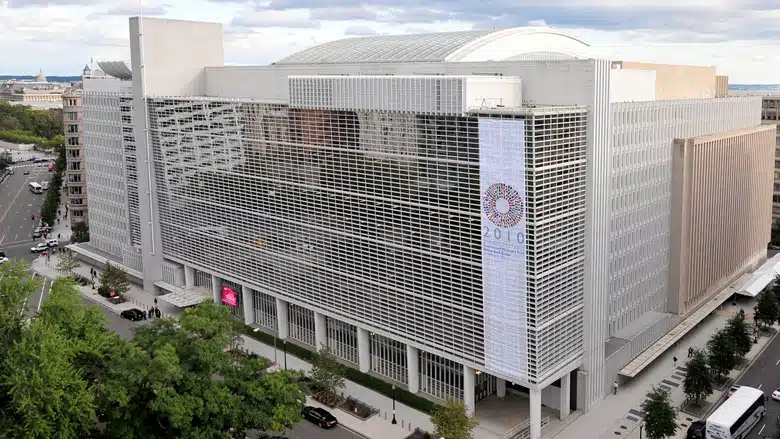World Bank aims to connect 300 million women to high-speed internet by 2030

On Friday, October 25, 2024, the World Bank Group announced a global initiative to increase broadband access for 300 million women by 2030. This initiative is part of its Gender Strategy 2030, which focuses on closing digital and financial gaps for women, especially in underserved areas like Africa.
Unveiled at the 2024 World Bank Annual Meetings, the program aims to boost women’s economic participation and drive global growth by enhancing digital inclusion, providing access to capital, and expanding social protection programs. World Bank President Ajay Banga emphasized the importance of these efforts, stating that increasing women’s economic involvement strengthens economies, families, and communities.
Alongside broadband access, the initiative plans to provide 300 million women with essential services, financial tools, education, and job opportunities. It also aims to extend social protection to 250 million women, focusing particularly on the most vulnerable populations.
The strategy includes support for 80 million women entrepreneurs by improving access to capital and addressing gender biases in lending practices. To accomplish this, the World Bank will collaborate with financial institutions, fintech companies, and private equity funds to remove barriers that prevent women-led businesses from accessing credit.
Investments will focus on countries with significant gender disparities, and the World Bank will advocate for policy changes to encourage private sector investment in broadband infrastructure.
Moreover, digital social registries will be created to streamline assistance for women, while digital cash transfers will be expanded and linked to skills training, capital, and market access. These efforts aim to foster lasting economic empowerment for women.
The World Bank has already started implementing initiatives aligned with its Gender Strategy 2030 in 15 African countries. For instance, in Zambia, nearly four million women receive digital cash transfers, skill training, and business capital. In Ethiopia, a project aimed at supporting women-led businesses is expected to increase profits by 30% and employment by 50% over the next five years.
These initiatives reflect the World Bank’s mission to empower women, especially in low-income and developing countries, by equipping them with the tools and opportunities needed to participate in the global economy. The World Bank’s Gender Strategy 2030 holds great potential to advance gender equality and stimulate global economic growth by bridging the digital divide and providing essential financial support.





